A prima ballerina with Alzheimer’s disease remembers Tchaikovsky’s “Swan Lake;” details of her past as a dancer remain a mystery.
The ability of music to touch upon the memories and emotions people with dementia can endure the ravages of the neurodegenerative syndrome, helping provide a link to their past.
Marta C. González Saldaña (Marta Cinta) was once a prima ballerina in the 1960s.
Before González Saldaña passed away last year following her battle with Alzheimer’s, she was filmed listening to Tchaikovsky’s “Swan Lake,” to which she once danced, and reliving the song in movements. Seated in her wheelchair at the at the Muro de Alcoy senior residential facility in Valencia, Spain, she lifts her arms like wings; the footage is interspersed with original footage of a young ballerina dancing on stage.
The video was posted to YouTube by Spanish Alzheimer’s and music nonprofit Música Para Despertar (Music to Awaken), a charity that uses music therapy to improve the mood and memory of people with dementia, and shared by actors Antonio Banderas and Jennifer Garner this weekend. Since, it has gone viral, accruing millions of views on Twitter, Instagram and YouTube.
“Our innate connection to music, to movement, to the arts, is beautiful,” Garner said in an Instagram post. “This former ballerina’s sense memory of Swan Lake — just does me in, it’s so lovely.”
A Mysterious Past
“Fifty-three years ago she was a dancer with the New York Ballet. Tchaicovsky’s music managed to outwit her Alzheimer’s. It’s been a year since all this,” Banderas said in his Facebook post. “Now on the occasion of her death, the sharing of these images serve as a deserved recognition of her art and her passion. R.I.P. Marta C. González.”
NPR has pointed out there is no such known company as “the New York Ballet,” and the New York City Ballet does not list González Saldaña among its alumni. Ballet scholars are chasing details about her identity, which remains shrouded in mystery. NPR also reports, the ballerina footage spliced into González Saldaña’s remembrance is said to be of a former prima ballerina from Russia’s Mariinsky Ballet, Uliana Lopatkina, performing not Tchaikovsky’s ballet, but the solo piece “The Dying Swan,” from French composer Camille Saint-Saëns Carnival of the Animals.
No matter the details of her past as a dancer, music has been known to awaken memories in those living with Alzheimer’s and related dementias. As Música Para Despertar wrote on social media of the video, “A dancer will always be a dancer.”
Since 2013, the organization says it has visited and trained caregivers at more than 80 long-term care centers for older adults throughout Spain, and directly assisted more than 600 people with dementia by preparing their autobiographical playlists and providing training in person and online to more 800 people.
They are currently fundraising via a Spanish crowdfunding platform to continue training in order to expand their reach to people living with and families navigating dementia and to raise awareness about the disease.
Music as Alzheimer’s Therapy
Scientists say that people’s response to music can be preserved even when their executive functions such as insight and judgement, as well as speech and language become impaired in advanced dementia. And those with Alzheimer’s can recognize familiar tunes and lyrics due to the connections formed earlier in life.
Justin Russo, Program Director at Music & Memory, said this moment shows how essential the work that caregivers provide truly is, and that uplifting moments like these are all the more resonant now, when so many in care organizations are suffering the effects of isolation due to the COVID-19 pandemic.
“Marta’s heartwarming reaction to ‘Swan Lake’ is a great example of the power of personalized music and the difference it can make for those living with Alzheimer’s and other types of dementia,” he told Being Patient. “Familiar, comforting music is integral to their quality of life and essential to maintaining their connection to the world that they live in.”
In a previous interview with Being Patient, Russo explained that music is “deeply rooted in our conscious and unconscious brains.”
Researchers have said that music is an “an alternative route for communicating with patients who have Alzheimer’s disease” as there is evidence showing that music may promote greater connections in the different brain networks. In addition, research has shown that music can help improve the behavioral symptoms of people with dementia.
“Calming music can relieve anxiety,” Russo said. “In terms of agitation and anxiety in general, music focuses a person’s attention on something recognizable, which reduces the feeling of being overwhelmed and confused.”
Four Notes
Other social media posts have also captured the poignant moments of music such as a recent Twitter video posted by Nick Harvey, whose father Paul Harvey — a former music teacher with dementia — improvised a song from the notes of F natural, A, D and B natural suggested by Nick.
“Dad’s ability to improvise and compose beautiful melodies on the fly has always amazed me,” Nick wrote on social media. “Tonight, I gave him four random notes as a starting point. Although his dementia is getting worse, moments like this bring him back to me.”
Since then, the Guardian reported that Radio 4’s Broadcasting House has featured the song, prompting BBC Philharmonic to record the song, named “Four Notes,” which topped the iTunes and Amazon charts.
Contact nicholas@beingpatient.com
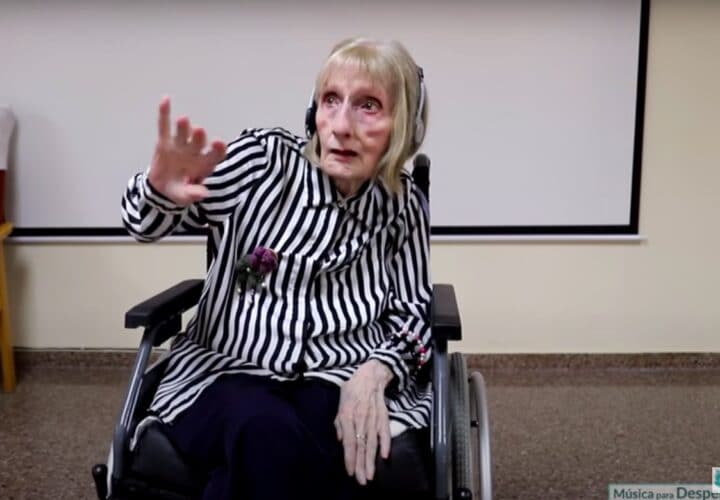
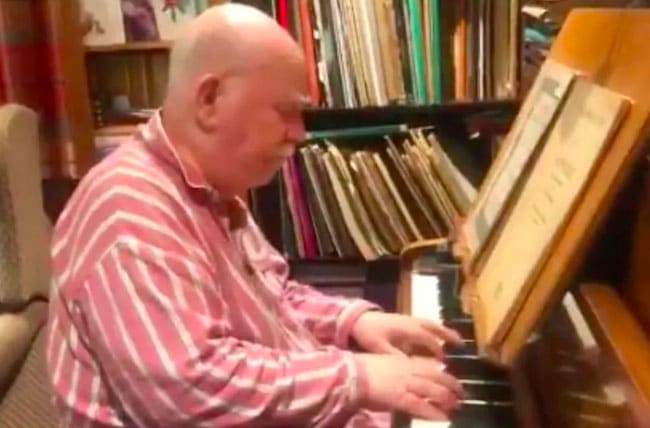
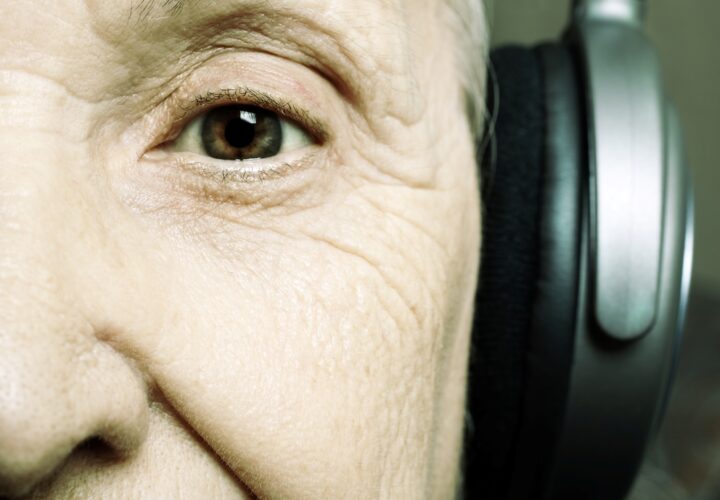
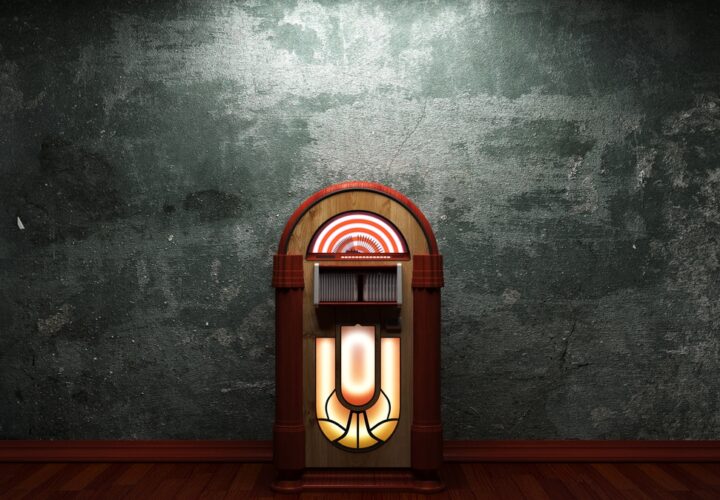
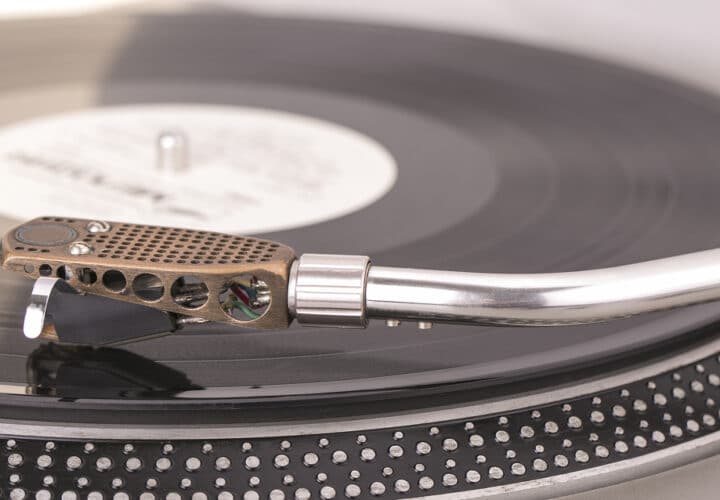
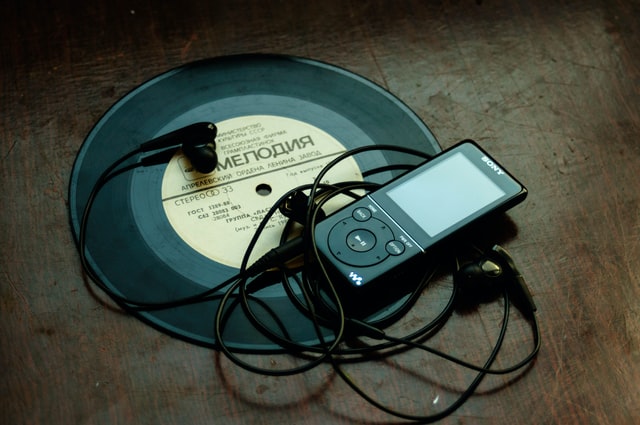
I fully agree–my Husband and I are both PROFESSIONAL Dancers and Teachers for over 60+ years. My husband has Alzheimer’s now for over8yrs and few things interest him BUT Good Ballroom Dance music does the trick.
I fully agree! My husband and I are both Professional Dancers and Teachers and have been for over 60+ yrs. Few things interest him any more BUT— Good Ballroom dance music does the trick. He has had Alzheimer’s for over 8yrs.
As the Prima Ballerina said—-Once dancer— always a Dancer!!